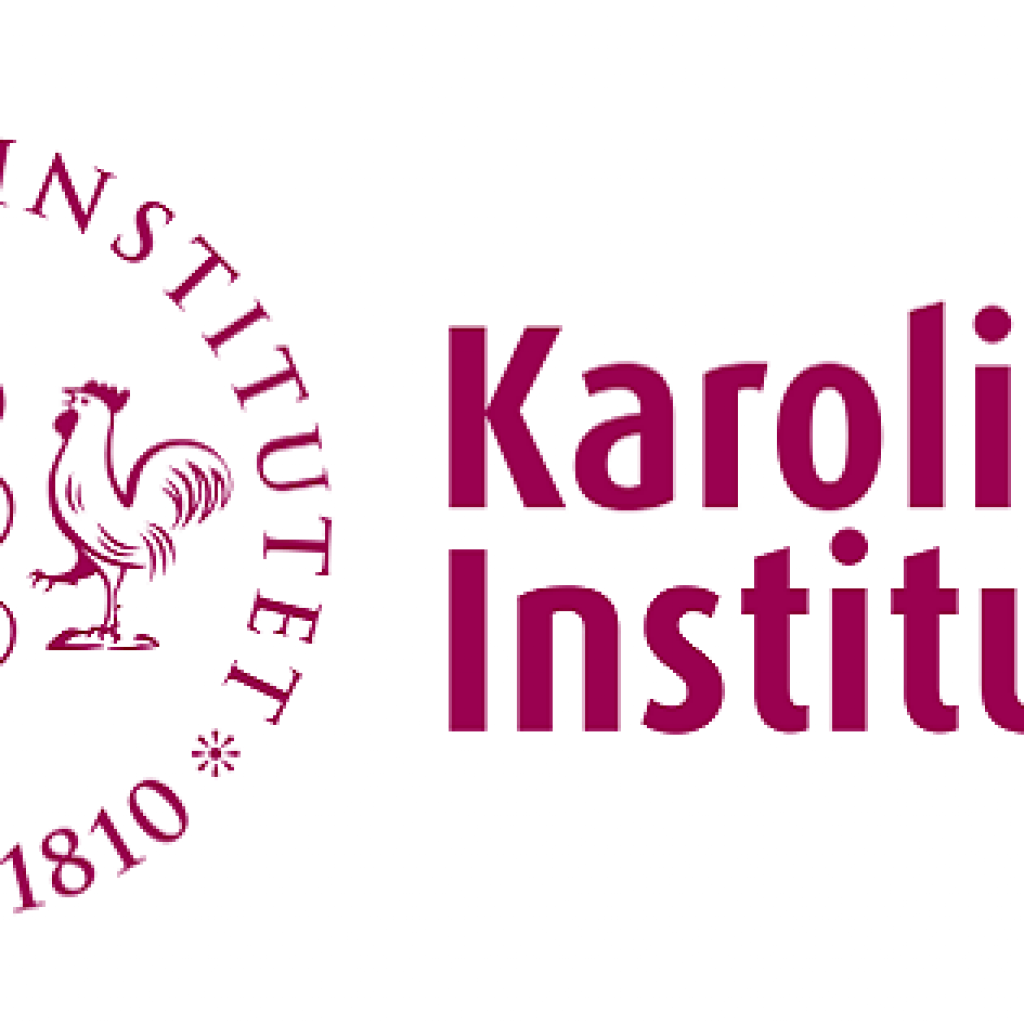by Olivia Biermann.
Worldwide, 30 countries account for almost 90% of the global tuberculosis burden. Ending tuberculosis (TB) will require early detection of people with TB, and active case-finding is one strategy for doing so. In this new study, researchers at the Department of Global Public Health shed light on policies for active case-finding in the 30 high TB burden countries, and the gap between policy and practice.
“Given that active case-finding is one strategy for ending tuberculosis, we were curious to find out how the National TB Programme (NTP) managers from the 30 high TB burden countries thought about the topic, and how active case-finding was anchored in their national TB strategies. These National TB Programmes are usually part of the government and responsible for TB services – the managers of these National TB Programme are therefore key decision-makers in the TB field”, says Olivia Biermann, PhD student and first author of the publication.
“The NTP managers unanimously agreed on the need for active case-finding scale-up. This was also reflected in the national TB strategies, while not all strategies included explicit aims and targets related to screening. At the same time, most NTP managers identified human and financial resource constraints as the main barriers to active case-finding implementation and scale-up – pointing to a gap between policy and practice.”
National TB Programme managers show great commitment to scaling up
community-based TB screening, while resources are lacking
„A few more interesting findings from our study included: National TB Programme managers acknowledged the risk that active case-finding may cause increased health system costs in the short-term, but also recognized the possibility of decreasing costs in the long-term. Strategies to increase resources exist but may not yet have been fully implemented, e.g. generating local evidence for advocacy. Different types of evidence were used, while there was a particular demand for local evidence to inform local decisions. Managers in districts and regions were key stakeholders whose involvement could help improve active case-finding policy development, implementation and scale-up.“
“Active TB case-finding is not a straight-forward public health intervention. Instead, there are many different approaches to it, such as using different tools or targeting different high-risk groups, the evidence base is growing but still relatively limited, and people’s opinions about it vary.
National TB Programme managers’ commitment to scaling up active TB case-finding may be particularly important when TB patients’ access to care is impeded, such as during the COVID-19 pandemic. Hopefully, our study will stimulate discussions about the how-to of active case-finding implementation, including human and financial resource strategies,“ says Olivia Biermann.
This article has been originally published by Karolinska Institutet (https://news.ki.se/community-based-tuberculosis-screening-policies-in-the-30-high-burden-countries). It has been reproduced on Going International’s website with Karolinska Institutet’s permission
Publication
Active case-finding policy development, implementation and scale-up in high-burden countries: A mixed-methods survey with National Tuberculosis Programme managers and document review.
Biermann O, Tran PB, Viney K, Caws M, Lönnroth K, Sidney Annerstedt K
PLoS One 2020 ;15(10):e0240696
References
Global Burden of Disease Tuberculosis Collaborators. The global burden of tuberculosis: results from the Global Burden of Disease Study 2015. Lancet. 2018;18(3): 261–284. 10.1016/S1473-3099(17)30703-X – DOI – PMC – PubMed
World Health Organization. The End TB Strategy. Global strategy and targets for tuberculosis prevention, care and control after 2015. Geneva: World Health Organization; 2015b.
United Nations. Transforming our world: The 2030 agenda for sustainable development. New York: United Nations; 2015.
World Health Organization. Ministerial Conference on TB, 2017 [cited 2019 Oct 22]. Available from: https://www.who.int/mediacentre/events/2017/ministerial-conference-tb/en/.
Nations United. Political declaration of the high-level meeting of the General Assembly on the fight against tuberculosis. New York: United Nations; 2018.
Interesting websites
- “Global Health Sciences” – Karolinska Institutet: Karolinska Institutet is one of the world’s foremost medical universities. Our vision is to make a significant contribution to the improvement of human health; our mission is to conduct research and education and to interact with the community.
- The Social medicine, Infectious Diseases and Migration research group: The Social Medicine, Infectious Diseases and Migration research group uses social epidemiology, qualitative methods, digital technology as well as health economy and implementation research methods to 1) identify social determinants and consequences of disease with a major focus on poverty-related infectious diseases, including TB, HIV, malaria, and Ebola; 2) evaluate interventions to improve health care access and equity, develop and evaluate innovative mobile and digital technologies that improve equitable access; 3) assess the effectiveness and cost-effectiveness of tuberculosis screening programmes in high- and low-TB burden countries and 4) determine health needs of migrants and evaluate health examinations of asylum seekers and refugees.
About the author
Olivia Biermann is a PhD student at Karolinska Institutet in Stockholm, Sweden. She is also a Fellow at the Boston University-Rockefeller Foundation Commission on Health Determinants, Data and Decision-making, Contractor with The Independent Panel for Pandemic Preparedness and Response, and Consultant for WHO’s Special Programme for Research and Training in Tropical Diseases (TDR). Olivia has a major interest in health policy and systems research. In 2018, she was named an Emerging Voice for Global Health.

Citation:
Biermann, Olivia: Community-based tuberculosis screening policies in the 30 high-burden countries (In: Polak, G. [ed.]: GI-Mail 12/2020, ISSN: 2312-0827 Going International, Vienna 2020
Published in GI-Mail 12/2020 (English edition).
- Do you already know our monthly newsletter GI-Mail with useful tips on postgraduate courses?
Sign up here. - Are you looking for vacancies or new career challenges? Here you will find the latest vacancies and job offers.
- Do you already know our monthly job-information GI-Jobs with current job offers for doctors, managers and nurses? Sign up here.
- Are you interested in up to date postgraduate courses and CME? In our education database »medicine & health« you will find new education events from over 2300 organizers.
Booth2021


